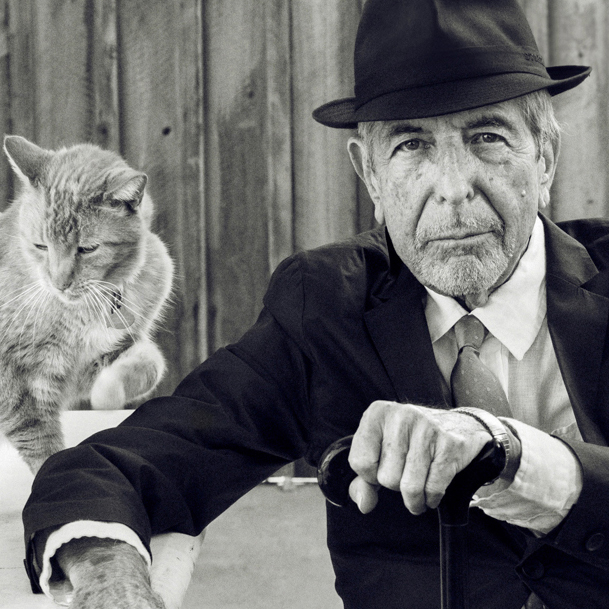Joyce. Carol. Oates. The three most depressing words in the English language, according to Gore Vidal, and the subject of perhaps the only documentary you’re allowed to miss at LitFilm, a seven-day film festival running this Monday to Sunday at the Brooklyn Public Library. Now in its fourth year, the free festival renews its promise to honor the lives and works of the most beloved writers of our time, including Salman Rushdie, Maya Angelou, Leonard Cohen, Toni Morrison, and Robert Caro, plus the unsung civil-rights activist Pauli Murray. (It waits until night two to sow its wild Oates.)
The festival begins Monday night with its most daunting note: The Satanic Verses: 30 Years On (2019), which follows the British journalist Mobeen Azhar as he catches up with some of the startlingly unrepentant imams and British Muslims at the center of 1989’s Rushdie book burnings and fatwa, prompting one to wonder how the John Bergers, John le Carrés, Elizabeth Jane Howards, and other holier-than-thous might reflect on these extreme anti-Rushdie sympathies 30 years on. After all, the position of liberal literati has always been that Rushdie was pretty much asking for the sickening assassination attempt that left him with a James Joyce over the right eye six months ago.
The eerily prescient film ends with a silence in which one could hear a hymn drop: Maya Angelou’s Georgia, Georgia (1972), the first screenplay ever to be written by a Black woman, should do. Following the Swedish sexcapades of an expatriate American singer, it may be too histrionic for some modern tastes, but not for those of the 1970s, when it was made.

From eerily prescient to eerily Prussian, the festival continues to roll with Wittgenstein (1993), an almost-too-German theatrical dramatization of the philosopher Ludwig Wittgenstein’s life. With his syntactically alluring dead-end maxims, Wittgenstein marks like no other philosopher the moment in the mid–20th century when philosophy fell down a rung and became a decadent (albeit enchanting) art.
Other films include Jodorowsky’s Dune (2013), a docu-fable exploring the jewel at the center of cinema’s unique genus of unmade films; A Poet in New York (2014), a dipso-pic that hinges on whether Dylan Thomas will be too drunk to ever meet Igor Stravinsky; and Feltrinelli (2006), a documentary on the Italian publishing house.
Finally, in Hallelujah: Leonard Cohen, a Journey, a Song (2022), Cohen, who died trying to pivot himself into the literary canon with volumes of lyric-y poetry and the timelessly bad A Ballet of Lepers, comes off dazzlingly for what he is once and for all: a talented singer-songwriter. (As for the literary canonization of Cohen, I suspect a ruse by McNally Jackson so they can fill their Canadian-fiction section.)
The festival closes with a discussion led by My Name is Pauli Murray (2021) co-director Betsy West. Retroactively assigning Murray the “they/them” pronoun (though she died under the impression she was a woman), the discussion and film promise to shed much-needed light on Murray’s brilliance while also living up to Dr. Johnson’s maxim “The rights of nations sink into questions of grammar, if grammarians discuss them.” Bring a dictionary.
This year’s LitFilm festival, organized by the Brooklyn Public Library, is on from February 13 to 19
Nick Vincenzo Barney is a New York–based writer

 Discover
Discover